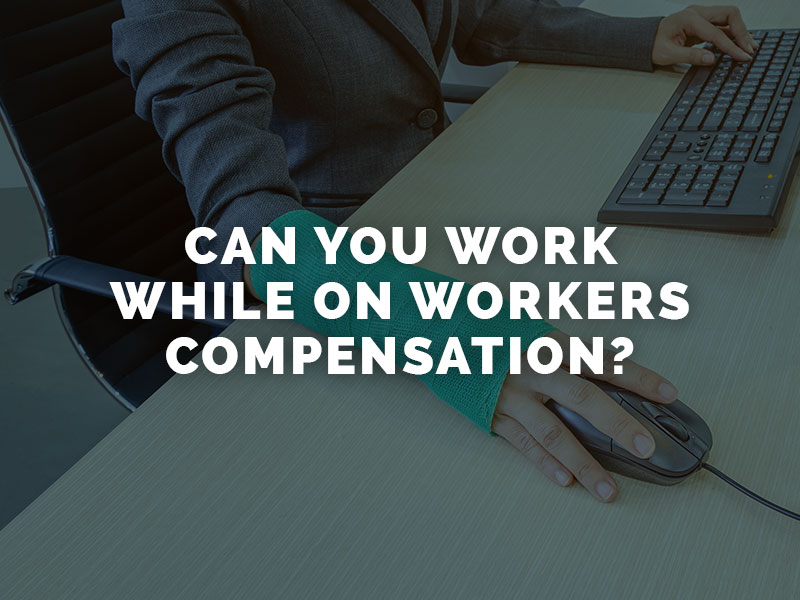The line between heading back to work at partial capacity and committing workers’ compensation fraud is fine. You may wish to perform light duty or take a second job while you heal from an injury or temporary disability, but the insurance company may see your return as a reason to stop payments. If you fail to report income from a second job or light duty, you could be committing fraud. You and your workers’ compensation attorney must navigate your return to work carefully to retain your eligibility for workers’ compensation in Colorado.

Light duty is a type of work an employee might return to after suffering an on-the-job injury. A physician might release you to perform light duty if your condition has improved enough to allow you to go back to work in a limited capacity. You might not be able to do the things you did before but may instead take on a smaller or lighter role within the company. Most employers offer some form of light duty while an employee recovers from a temporary injury.
If you can return to light duty, an insurance company will reduce your workers’ compensation benefits accordingly. You will qualify for two-thirds of the difference between what you used to make and what you are making now. You will continue to receive these benefits until you can return to your old job, if possible. If you have a permanent disability, you may continue to receive workers’ comp benefits for life. If your employer does not offer any light duty work, you may have the option of finding a second job.
Technically, yes, you can work a second job while you are recovering from injuries you suffered at your primary position and while receiving workers’ compensation benefits. Picking up a second job could help you pay your bills when you are not receiving 100% of your wages from your primary job. You may still be eligible to receive workers’ comp benefits if the second job does not require you to do the same type or extent of work as your primary job.
If you suffered a leg injury and have to miss time working in a warehouse, for example, you may be able to keep workers’ comp benefits if you pick up a second job sitting behind a desk. If your second job is too similar to the first, however, the insurance company may ask why you cannot return to your original job. You must report any income you earn from a second job to the insurance company while you are receiving benefits.
If you were working two jobs at the time of your compensable accident, you may be eligible for benefits related to both positions. An injury that prevents you from returning to work at full capacity at both jobs could make you eligible for double workers’ compensation benefits. The insurance company of the employer where your injury occurred may owe you recovery for two-thirds of your average weekly wages at both jobs.
If your second job pays under the table, you must still report this income to the insurance company when you file for workers’ compensation benefits. The law requires you to report additional income during the claims process. If you neglect to report income you earn from a second job, even if it is off the books, you could be guilty of workers’ compensation fraud. Intentionally keeping this information from the insurance company could be punishable with serious penalties such as jail time, restitution and fines.
Workers’ compensation fraud can be intentional or accidental. Filing for workers’ comp benefits while you are getting income from a different source (without reporting it) is workers’ compensation fraud. In some cases, an employee may unintentionally commit fraud through ignorance of the law. You cannot, for example, file for unemployment benefits while receiving workers’ compensation checks. Stay on the right side of the law by employing the help of a Denver injury lawyer before taking a second job or filing for benefits.